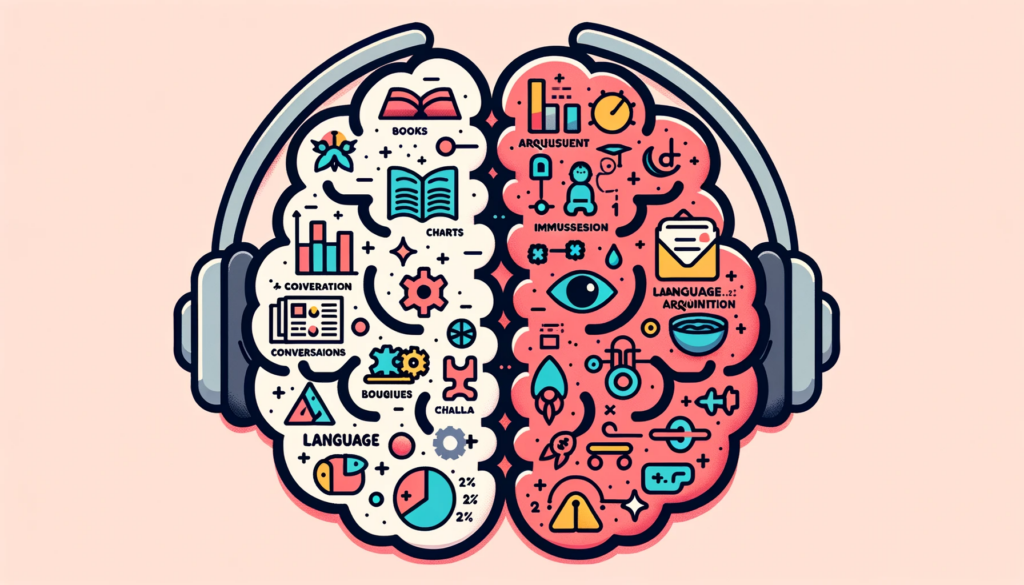Recipes Rack: Your Culinary Haven
Explore a world of delicious recipes, cooking tips, and culinary inspiration.
Fluent in Fun: Turning Language Learning into a Game
Unlock the joy of language learning! Discover fun games and tips that make mastering a new language an exciting adventure.
5 Fun Games to Boost Your Language Learning Skills
Learning a new language can be a fun and engaging experience, especially when you incorporate games into your study routine. Games not only make language learning enjoyable but also help in retaining vocabulary and grammar. Here are 5 fun games to boost your language learning skills that you can easily integrate into your practice.
- Word Bingo: Create Bingo cards with vocabulary words in the target language. As you call out the definitions or translations, players mark their cards, enhancing their word recognition in a fun and competitive manner.
- Language Charades: This is a great way to practice vocabulary and speaking skills. Write down words or phrases in the target language on slips of paper, and have players act them out without speaking, while others guess the word.
- Scrabble or Words with Friends: These classic word games can be adapted by using words from your target language, helping to enhance spelling and vocabulary.
- Online Language Games: Websites and apps like Duolingo or Memrise offer interactive games that adapt to your skill level, making learning a new language exciting and dynamic.
- Story Cubes: Use dice with images to generate story prompts in your target language. This exercise helps in practicing sentence structure and creativity.

How to Turn Vocabulary Practice into an Exciting Challenge
When it comes to enriching your vocabulary, turning practice into a fun and engaging challenge can make a significant difference. Start by incorporating gamification into your routine. Create challenges where you aim to use new words in sentences or engage in timed activities that involve synonyms and antonyms. For example, you can set a timer and challenge yourself to come up with five synonyms for a randomly selected word within one minute. This not only makes learning enjoyable but also encourages quick thinking and recall.
Incorporating competition into your vocabulary practice can further enhance the excitement. Consider organizing a vocabulary showdown with friends or family. Each participant can take turns picking words and challenging others to spell them correctly or use them in a sentence. To up the ante, consider assigning points for creativity in sentence formation or correct usage. This way, vocabulary practice transforms from a mundane task into a thrilling experience, fostering both camaraderie and a love for language.
The Power of Play: Why Gamification is Key in Language Acquisition
The power of play in education cannot be overstated, particularly when it comes to language acquisition. Gamification, the integration of game-like elements into learning environments, transforms traditional methods into engaging experiences. This approach encourages learners to explore new languages in a fun and interactive way, leading to improved retention and motivation. By incorporating challenges, rewards, and immediate feedback, gamification stimulates intrinsic motivation, making the language-learning journey less daunting and more enjoyable.
Moreover, gamification introduces a sense of community and collaboration among learners. Through multiplayer games or collaborative challenges, individuals can practice their language skills in real-time with peers, enhancing their speaking and listening abilities. Studies show that participants in gamified language programs are more likely to engage consistently and with enthusiasm. This type of learning not only builds essential linguistic skills but also fosters critical thinking, problem-solving, and social interaction, which are all vital for mastery of a new language.